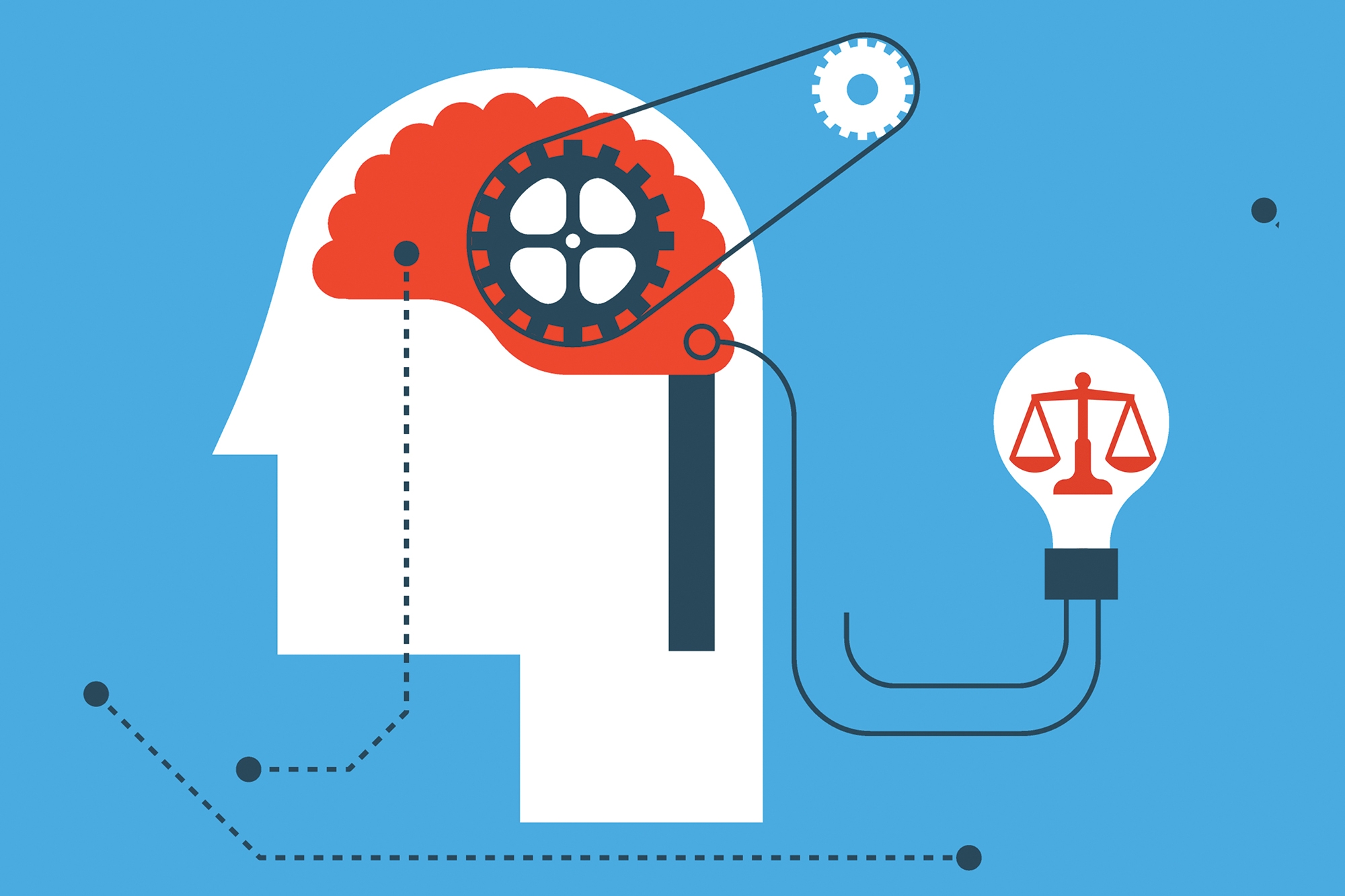Technology
 Feature
Feature
Can Science Save Justice?
Vol. 101 No. 2 (2017) | Can science save justice?“Know thyself.” Inscribed on the Temple of Apollo at Delphi, and echoed down the halls of time by Plato, Pope, Franklin, and Emerson, there may be no more fundamental maxim […]
 Feature
Feature
Contracting the Virus: Not If, But When
Vol. 104 No. 3 (2020-21) | Judges on the MarchIn the early months of the COVID-19 outbreak, the Texas judiciary focused on its response to the global pandemic. The Office of Court Administration (OCA), the judicial branch agency tasked […]
 Feature
Feature
The Zooming of Federal Civil Litigation
by Lee Rosenthal, Scott Dodson and Christopher L. Dodson
Vol. 104 No. 3 (2020-21) | Judges on the MarchTwo great forces are upon us. One is COVID-19, a highly infectious disease that has disrupted society around the globe.1 The other is the constant push of technological advancement, which […]
 From the Editorial Board Chair
From the Editorial Board Chair
How Courts Are Coping
Vol. 104 No. 3 (2020-21) | Judges on the MarchFrom the Chair of the Editorial Board When 2020 debuted, the term “COVID-19” was not yet in the world’s lexicon. As 2020 winds down (finally!), the pandemic is omnipresent. The […]
 In Conversation
In Conversation
Coping with COVID: Continuity and Change in the Courts
by David F. Levi, Mark Drummond, Samuel A. Thumma, Sherri Carter, Karen Caldwell, Robin L. Rosenberg and Vaughn Walker
Vol. 104 No. 2 (2020) | Coping with COVIDBy now, our courts, state and federal, have adapted much of their work to digital platforms. But some procedures or litigation events do not easily or obviously translate to the […]
 In Conversation
In Conversation
What Makes People Do What They Do?
by David F. Levi and Dan Ariely
Vol. 104 No. 1 (2020) | A Clearer ViewIn conversation with Bolch Judicial Institute Director David F. Levi, Dan Ariely offers a behavioral scientist’s take on motivation, incentives, and sanctions in legal settings. As a teenager, Dan Ariely […]
 Feature
Feature
Judging Eyewitness Evidence
Vol. 104 No. 1 (2020) | A Clearer ViewEyewitness evidence, in which a witness visually identifies the culprit, is a staple of criminal investigations. But its fallibility is notorious. As the National Academy of Sciences explained in an […]
 Feature
Feature
A Clearer View: The Impact of the National Academy of Sciences Report on Eyewitness Identification
by Jed S. Rakoff and Thomas D. Albright
Vol. 104 No. 1 (2020) | A Clearer ViewSix years ago, the U.S. National Academy of Sciences (NAS) convened a panel of experts to consider the problem of eyewitness identification. Eyewitnesses have long played a significant role in […]
 Book Review
Book Review
I Recommend: AI Superpowers
|I recommend AI Superpowers: China, Silicon Valley, and the New World Order by Dr. Kai-Fu Lee — a book first recommended to me by U.S. Supreme Court Justice Anthony M. […]
 Feature
Feature
Up to the Courts: Managing Forensic Testimony with Limited Scientific Validity
by Pat Skene
Vol. 102 No. 1 (2018) | Forensic FailU.S. District Court Judge Jed Rakoff of the Southern District of New York tells the story of a firearms and toolmark examiner who appeared before him in 2008, proposing to […]

